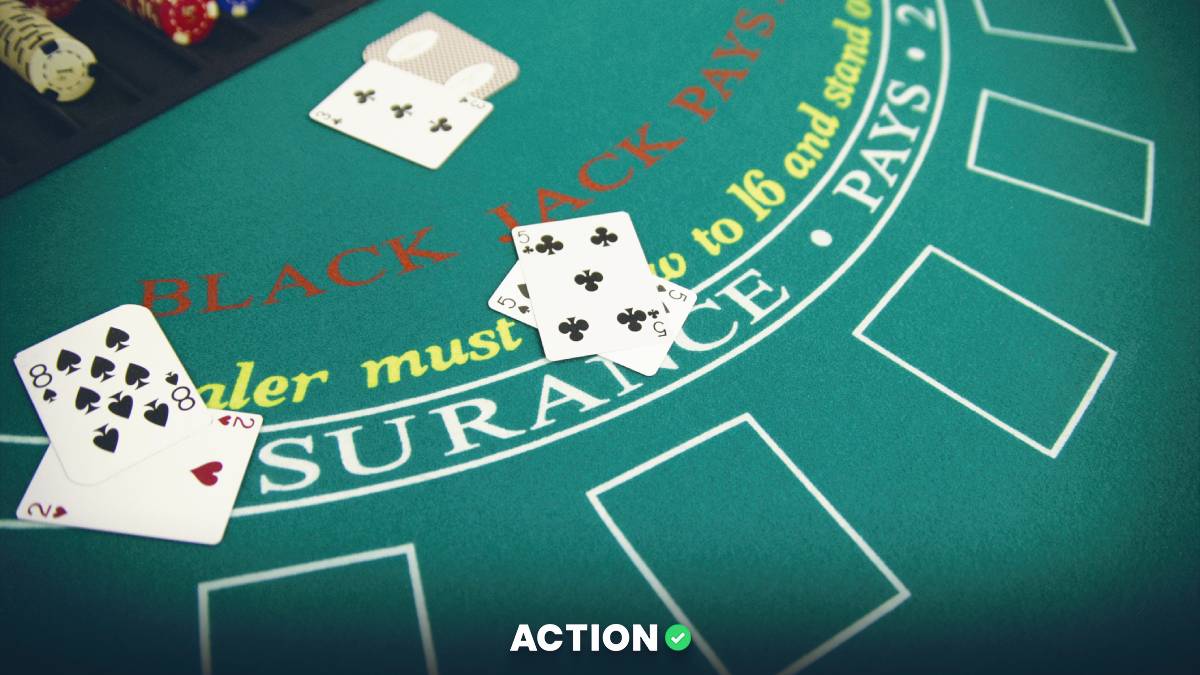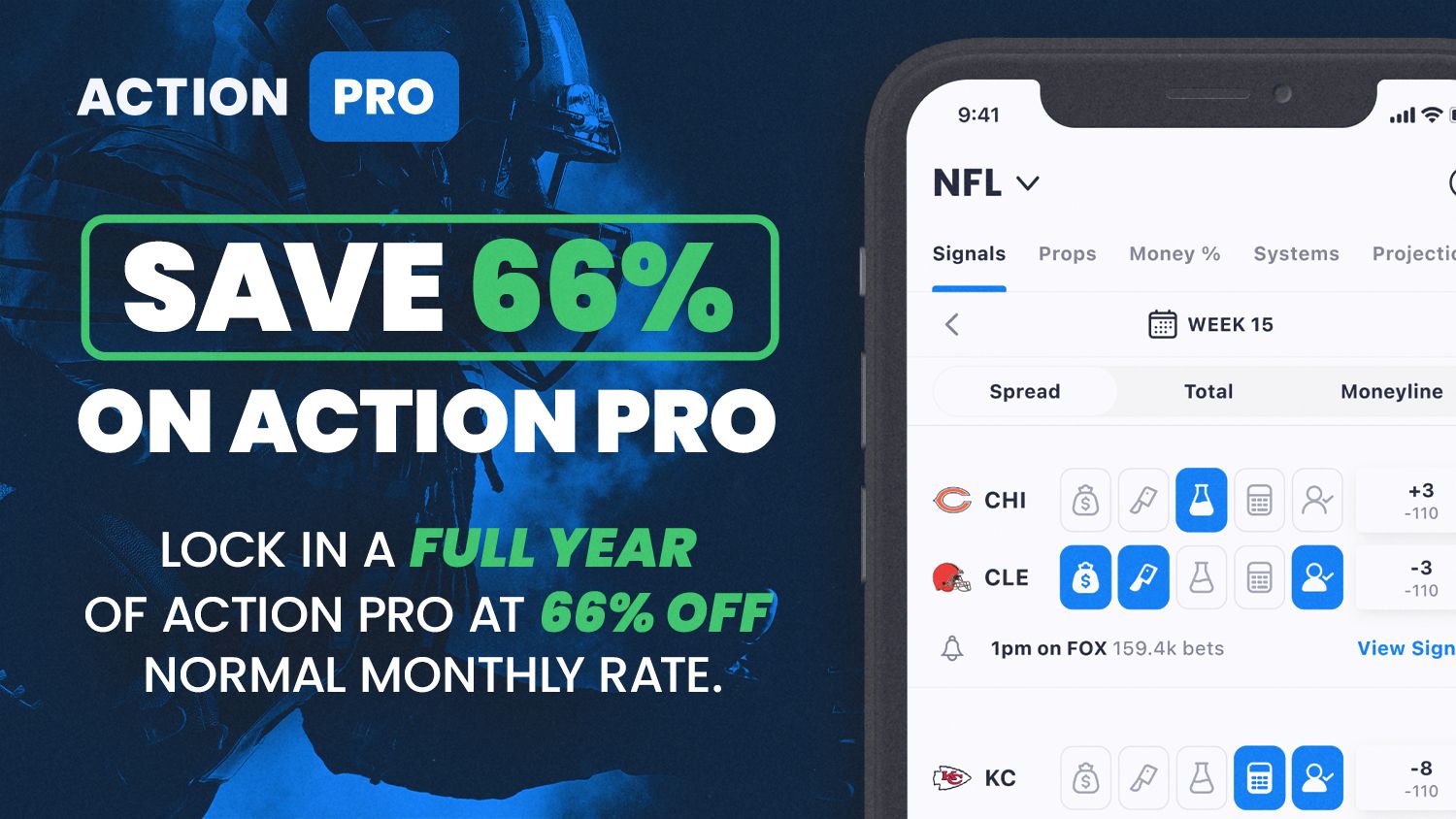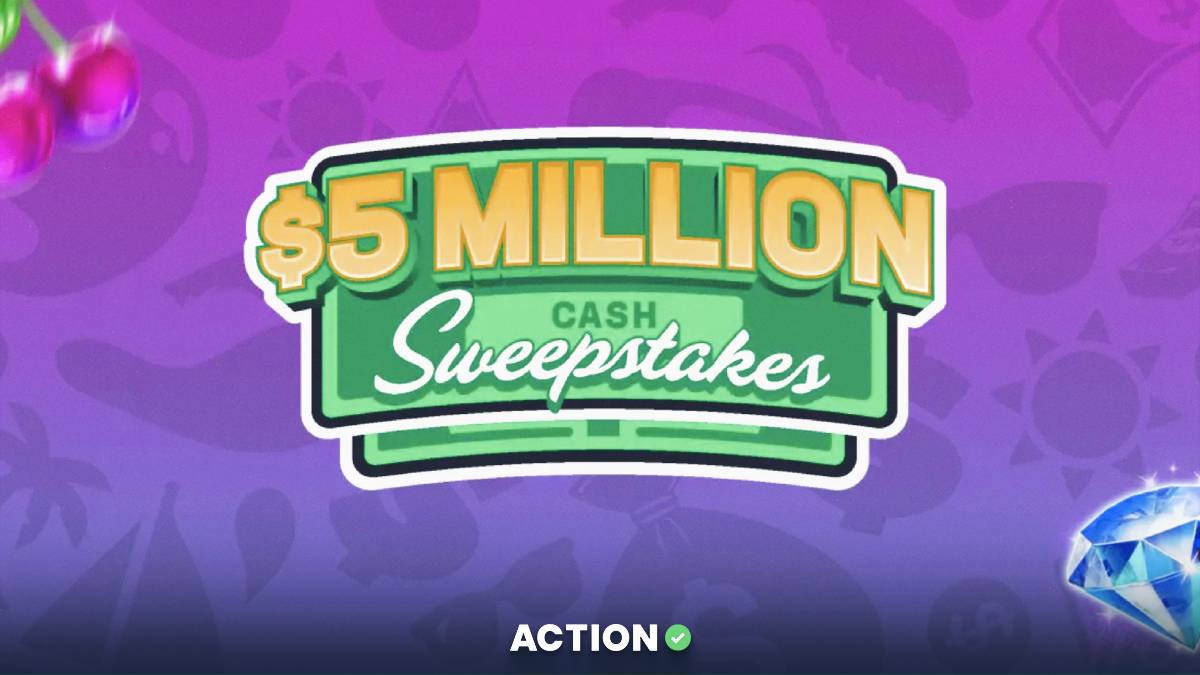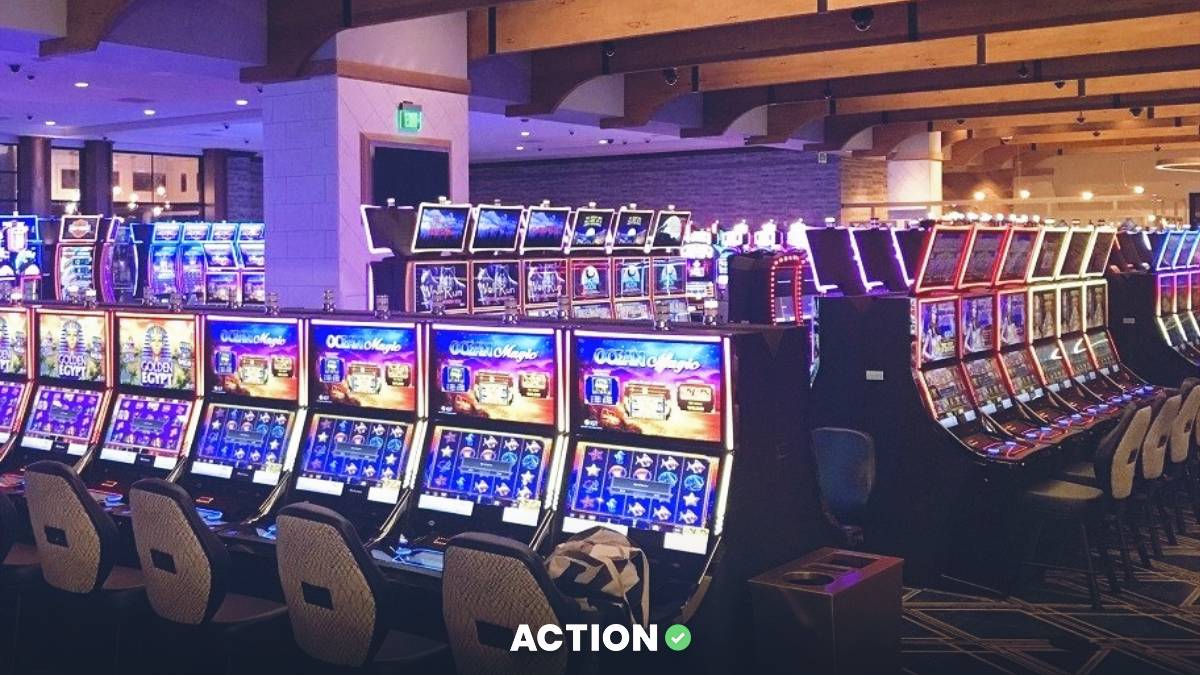A group of Native American tribes in California is taking legal action against several licensed card rooms in the state. They argue that these clubs illegally offer banked games similar to those found in Las Vegas casinos, where gamblers compete against the house.
The tribes filed their complaint in the California Superior Court in Sacramento shortly after a new state law, the Tribal Nations Access to Justice Act, became effective this week. This law permits tribes that run casinos on their reservations to file lawsuits against card room operators and the third-party companies offering "proposition player services," which allegedly help the card rooms bypass restrictions on banked games.
"Defendants brazenly profit from illegal gambling," the tribes say in the complaint. "California law prohibits card rooms from offering 'banked' casino games — such as blackjack, baccarat and pai gow poker — where an entity with an odds-based advantage takes on all comers, pays all winners and collects from all losers."
Tribes Argue Card Rooms Breach Exclusivity Agreements
In California, only casinos on Indian reservations can offer banked games. Card clubs can only host "round" games, like poker, where players bet against each other.
However, the tribes claim that card rooms and proposition player services have made huge profits by illegally offering banked games. The proposition player service pays the card room up to millions of dollars annually to act as the bank, or house, against which players bet.
Seven tribes — the Agua Caliente Band of Cahuilla Indians, the Barona Band of Mission Indians, the Pechanga Band of Indians, the Sycuan Band of the Kumeyaay Nation, the Viejas Band of Kumeyaay Indians, the Yocha Dehe Wintun Nation and the Yuhaaviatam of San Manuel Nation — who all operate casinos on their reservations, have come together to file the lawsuit and seeking a court ruling.
What Do the Tribes Want Out of the Lawsuit?
They claim that around 100 card clubs and proposition player service providers are breaking the law. They also ask the court to issue an injunction to stop the alleged illegal activity. The new law doesn’t allow for monetary damages.
The California Gaming Association, representing card rooms in the state, responded to the lawsuit in a statement that read its members “are operating table games in full compliance with the law, just as they have done for decades.”
The group also has an economic impact study on its website.
What Is the Crux of the California Card Room Issue?
Card rooms can offer these games, but players should take turns acting as the bank. Card rooms began hiring third-party providers to take on the bank's role in 2007.
Card room operators argue that stopping this practice (using third-party providers) could lead to their financial collapse.
Statewide and local labor unions, such as AFSCME California, California Professional Firefighters, SEIU California and Teamsters Local 630, joined the card rooms in the fight against the Tribal Nations Access to Justice Act. They say they wanted to protect public sector jobs and prevent the law from having devastating effects on employees and cities.
This is in addition to the political maneuvering that took place.
Now that it has passed and been enacted, and the tribes are moving forward with a lawsuit, it remains to be seen how this will all play out.










